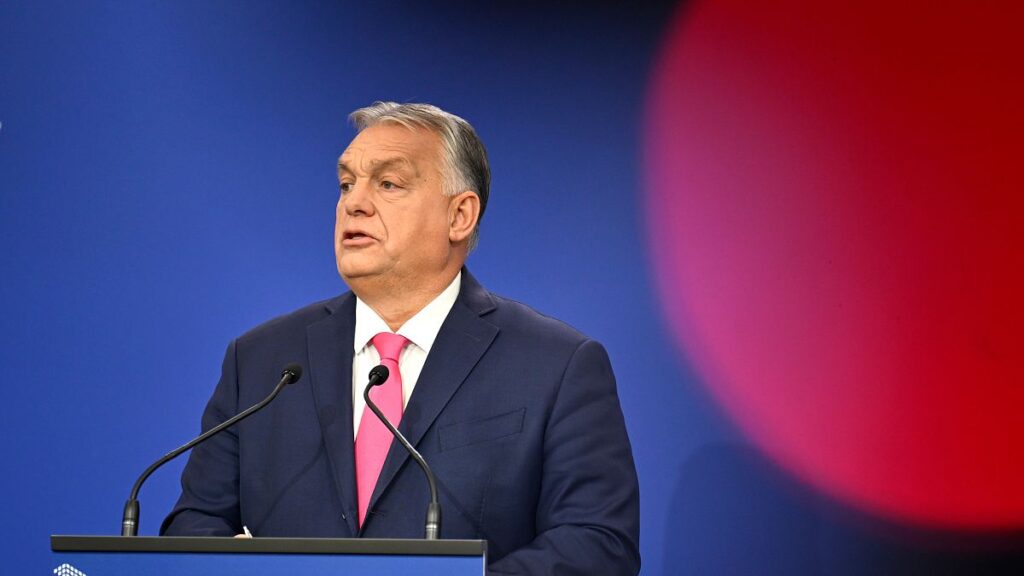The first hearing on the Hungarian Child Protection Act takes place on Tuesday at the Court of Justice of the European Union in Luxembourg.
Hungary’s controversial Child Protection Law, widely criticised as being anti-LGBT, is set to appear before the EU’s Court of Justice on Tuesday.
The statute proclaimed zero tolerance for convicted paedophiles. However, the law also prohibits or heavily restricts depictions of homosexuality and gender reassignment in media content and educational material addressed to audiences under 18 years of age.
The legislation therefore came under fire for conflating paedophilia with homosexuality, as the text’s stated purpose is to strengthen the protection of children against sex offenders.
After the law was passed, children’s rights organisation Eurochild say children have the right to healthy development and freedom of expression, and that this law “violates all these rights and risks harming the very children it claims to protect.”
“It also contributes to a climate of fear, raising concerns for the well-being of all children and society,” they say.
The European Parliament adopted a resolution condemning the law in the strongest possible terms, and also criticised what it alleges is the dismantling of democracy and the rule of law in Hungary.
Refusing to back down, Hungary cited a 2022 referendum where Hungarians were asked to give their opinion on the controversial law.
To be valid, the poll needed to be answered by half of Hungary’s registered voters. The threshold was not met, but of those that did respond, the vast majority backed the government’s position.
Infringement proceedings were launched against Hungary over the law but were unsuccessful.
In December 2022, the European Commission referred Hungary to the EU’s Court of Justice – claiming that the law violates fundamental rights enshrined within the bloc’s law.
A total of 15 EU countries joined the lawsuit to act as third parties: Belgium, Luxembourg, the Netherlands, Portugal, Austria, Ireland, Denmark, Malta, Spain, Sweden, Finland, Slovenia, France, Germany and Greece.
The model behind the law was taken from a similar piece of legislation enacted in Russia. The Kremlin’s “anti-gay propaganda” law, which was initially introduced by Putin’s regime in 2013, was found to be unlawful by the European Court of Human Rights four years later.


